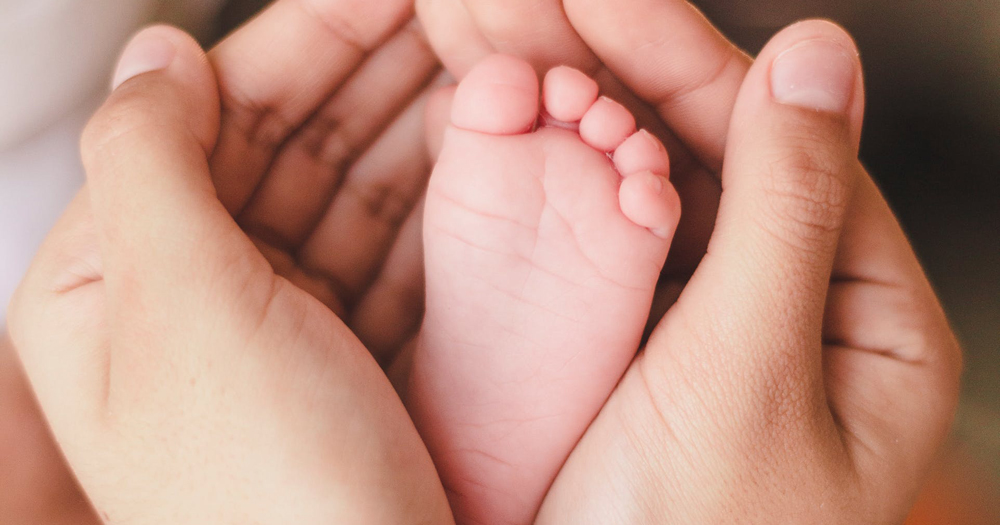The Gauteng High Court in Pretoria, South Africa, has made a historic ruling for lesbian parents after declaring that Section 40 of the Children’s Act is inconsistent with the Constitution. When referring to the rights of couples who have conceived a child through artificial insemination, the section includes the words “spouse” and “husband”, but not “permanent life partner”, which leaves many vulnerable to legal implications.
Previously, the law stated that the husband of the mother who was artificially inseminated was immediately considered the father of the child and did not legally recognise the lesbian partner of the woman carrying the child.
This was a problem for a lesbian couple (whose details have not been disclosed) who chose artificial insemination to start their family but realised that by doing so, only the woman who carries the child would legally be seen as the mother.
They told the court that in a lesbian same-sex relationship, it is biologically impossible for the eggs of both spouses to be used as the presence of male sperm is crucial for fertilisation to occur.
Whilst there have been positive steps towards equality for same-sex relationships in South Africa, the couple believed that the legislature discriminated against lesbian parents because the parental responsibilities and rights are not automatically assigned to them.
Judge C Van Veenendaal, who presided over the case, stated that there had been more progressive decisions made in the past with the acknowledgement of civil unions and marriage for same-sex couples. However, she understood that the Children’s Act needed a necessary update and was sometimes the reason that lesbian or gay couples preferred not to get married or go about any legal union.
“This does not take away from parties in a relationship, which they view as a permanent, lifelong committed relationship, also wanting to procreate and establish a family with children and eventually wanting to be grandparents and eventually great-grandparents,” she stated.
The judge finally found that it is in the best interest of both the child and the same-sex parents to have legal certainty. She concluded by saying that it was clear that the section of the Children’s Act did not cater for the reality of unmarried LGBTQ+ relationships who wanted to undergo artificial fertilisation, and it must be amended to be more inclusive.
A similar ruling took place in Ireland last year marking another positive step towards the inclusion of LGBTQ+ parents in the eyes of the law.
© 2022 GCN (Gay Community News). All rights reserved.
Support GCN
GCN is a free, vital resource for Ireland’s LGBTQ+ community since 1988.
GCN is a trading name of National LGBT Federation CLG, a registered charity - Charity Number: 20034580.
GCN relies on the generous support of the community and allies to sustain the crucial work that we do. Producing GCN is costly, and, in an industry which has been hugely impacted by rising costs, we need your support to help sustain and grow this vital resource.
Supporting GCN for as little as €1.99 per month will help us continue our work as Ireland’s free, independent LGBTQ+ media.
